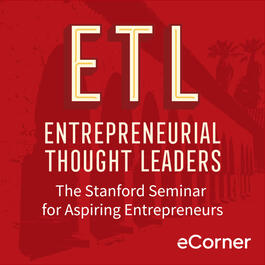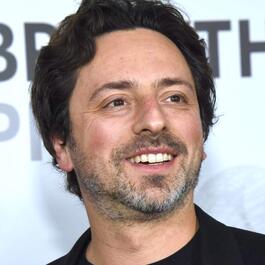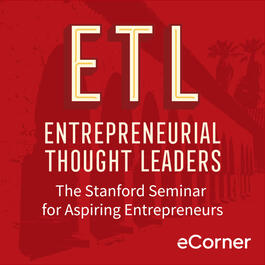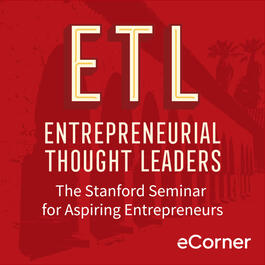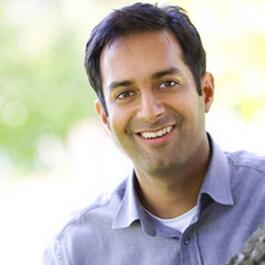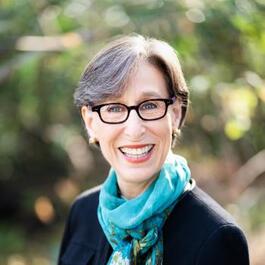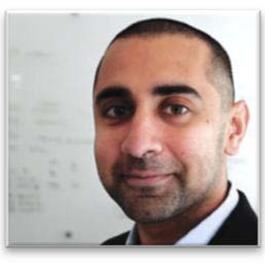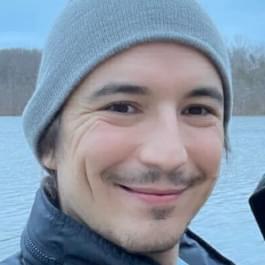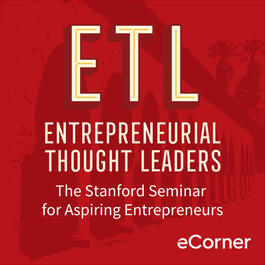
Entrepreneurial Thought Leaders (ETL)
Each week, experienced entrepreneurs and innovators come to Stanford University to candidly share lessons they’ve learned while developing, launching and scaling disruptive ideas. The Entrepreneurial Thought Leaders Series (ETL) is produced by the Stanford Technology Ventures Program (STVP) and published on eCorner by STVP.
Show episodes
Recorded live at the capstone celebration of the Stanford School of Engineering Centennial, this ETL episode features Sergey Brin, the American computer scientist and entrepreneur who co-founded Google with Larry Page and revolutionized global information access. Brin remains an active co-founder and board member of Go
Eric Volmar is teaching lead at the Gordian Knot Center for National Security Innovation at Stanford. His work focuses on connecting defense, academia, and entrepreneurship to accelerate innovation for national security, supporting new ventures at the intersection of technology and policy. In this presentation – follow
Steve Cousins is the executive director of the Stanford Robotics Center and founder of Relay Robotics (formerly Savioke), which builds autonomous service robots for hotels and healthcare. Cousins’ career reflects a commitment to advancing robotics from research to real-world applications. In this presentation, he share
Jane Chen is the co-founder of Embrace Global, which created a low-cost infant warmer that has helped more than one million babies in low-resource settings. Her new book, Like a Wave We Break: a Memoir of Falling Apart and Finding Myself, tells the story of her globe-spanning journey to break free of the narratives tha
Sanjit Biswas is the co-founder and CEO of Samsara, a global leader in allowing physical operations organizations to harness data, AI, and the Internet of Things. He started the company with the mission to increase the safety, efficiency, and sustainability of the operations that power the global economy. In this prese
Drew Endy is an associate professor of bioengineering at Stanford University and a pioneer of synthetic biology. A co-founder of the BioBricks Foundation, Endy helped launch the International Genetically Engineered Machine (iGEM) competition to democratize biotechnology for student innovators worldwide. In this present
